This week, several significant events unfolded in the domestic and international automotive industry. The Ministry of Finance and the State Taxation Administration announced an important adjustment to the consumption tax policy for super luxury cars. Approved by the State Council, the new policy will be implemented on July 20, marking a new phase in the tax regulation of high-end car consumption in China. The most notable adjustment is the substantial reduction of the consumption tax threshold, lowering it from 1.3 million yuan (excluding VAT) to 900,000 yuan (excluding VAT). This adjustment significantly expands the consumption tax coverage, meaning that more high-end models priced between 900,000 yuan and 1.3 million yuan will now be included in the tax range, which is expected to impact many luxury car brands' main sales models.
The new policy clearly defines the taxation rules for various types of super luxury cars, including pure electric and fuel cell vehicles, filling a previous policy gap. Additionally, a differentiated arrangement for new energy vehicles has been made: for pure electric and fuel cell super luxury cars without cylinder capacity, consumption tax will only be levied at the retail stage, whereas traditional fuel vehicles must pay consumption tax at both production (import) and retail stages. This design reflects tax fairness and continues to support the development of the new energy vehicle industry.
Moreover, Neta Auto's parent company, Hozon Auto, has opened a recruitment channel for potential investors as part of its restructuring process. Starting from July 10, 2025, strategic investors can submit pre-registration materials via the Alibaba asset platform. Hozon Auto's core investment value is highlighted as a 'potential stock' in the new energy vehicle sector, possessing dual qualifications and significant self-developed technology.
Tesla officially announced its new Model Y L, which is expected to launch in the fall. The new model features a similar appearance to the current Model Y but is longer, with significant revisions in its design. It includes a triple-row seating layout and boasts improved power with dual motors.
Additionally, the penetration rate of L2 level assisted driving in China has exceeded 50%, the highest globally, according to Zhang Yongwei from the China Electric Vehicle Hundred People’s Association. The adoption of new auxiliary technologies, such as parking, is also accelerating.
NVIDIA's CEO Jensen Huang announced the restart of H20 chip sales in China, with many orders already in place. The H20 chip, designed to comply with U.S. export controls, offers reduced performance specs tailored for the Chinese market.
Lastly, BMW Group announced a strategic partnership with the Chinese autonomous driving company Momenta to jointly develop a new generation of intelligent driving assistance systems for the Chinese market, enhancing competitiveness in the local automotive sector.
Key Developments in the Automotive Industry This Week
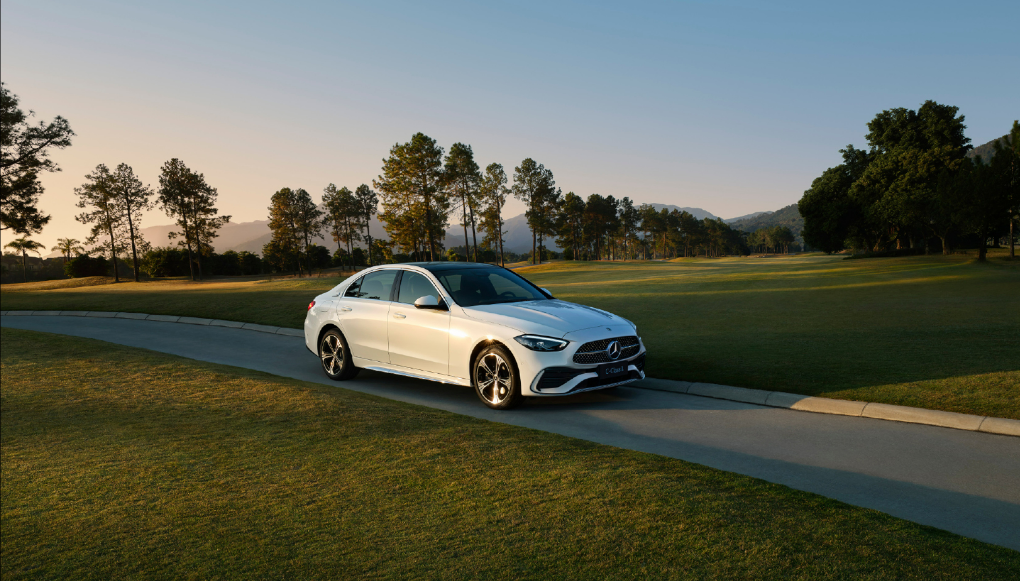
Images
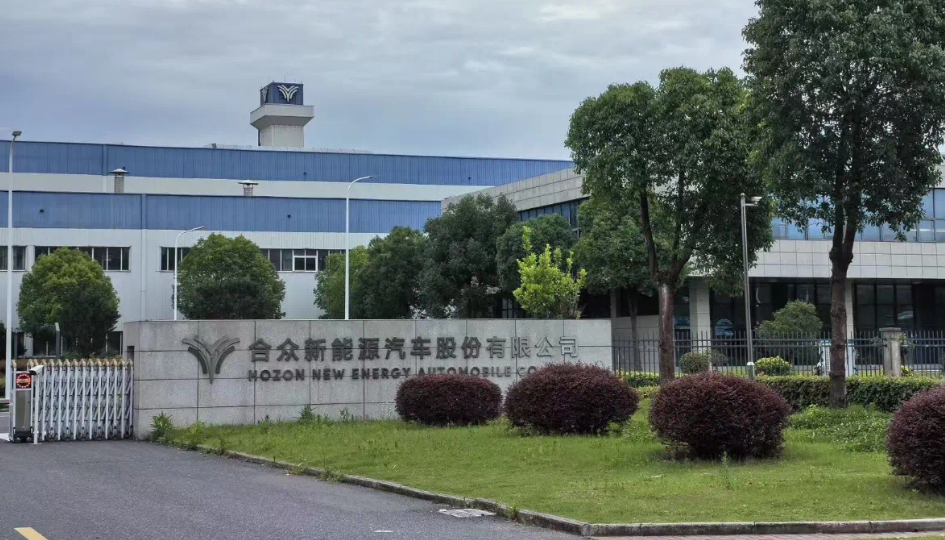
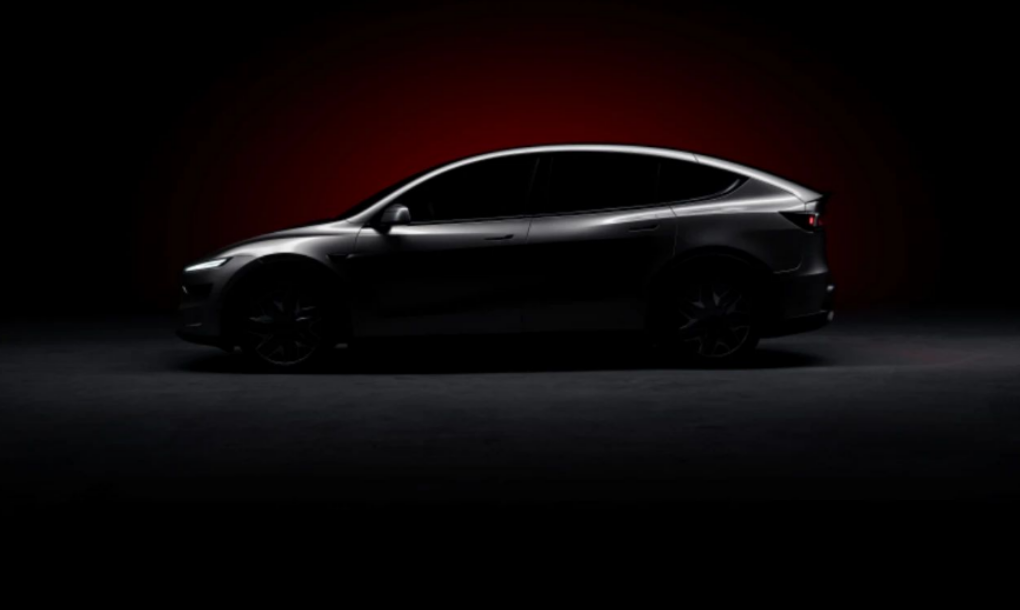
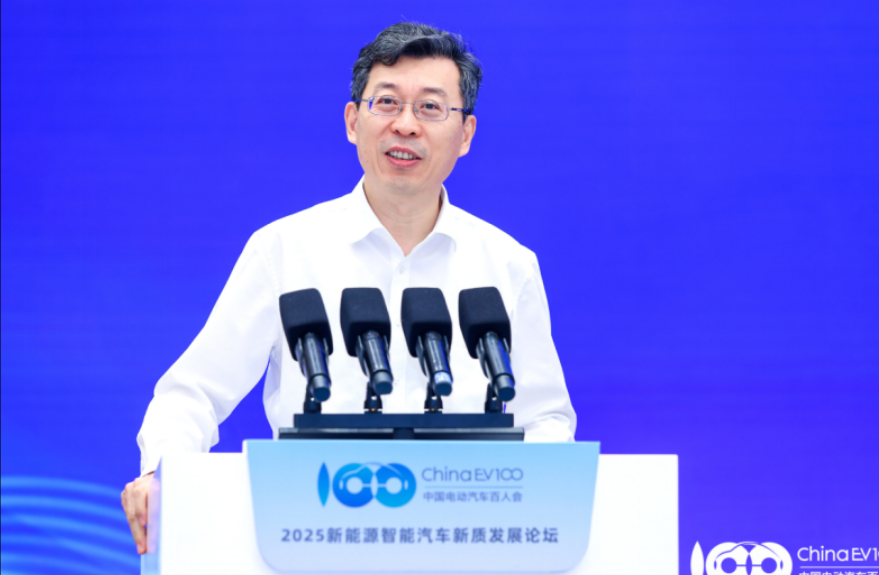
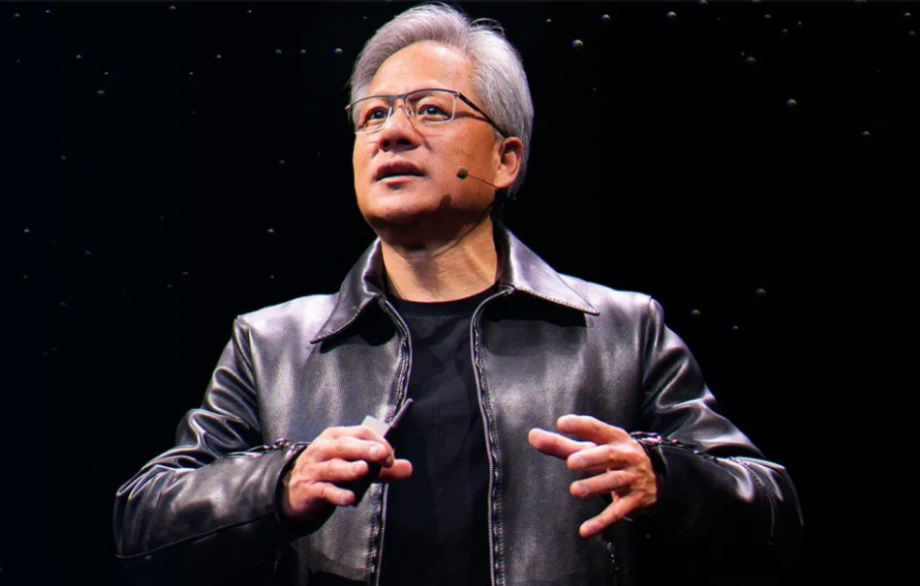
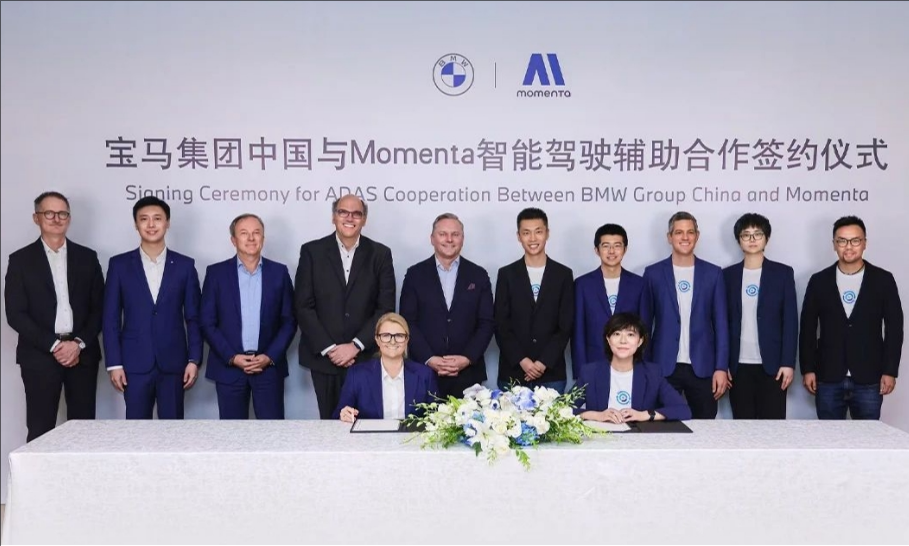
Share this post on: